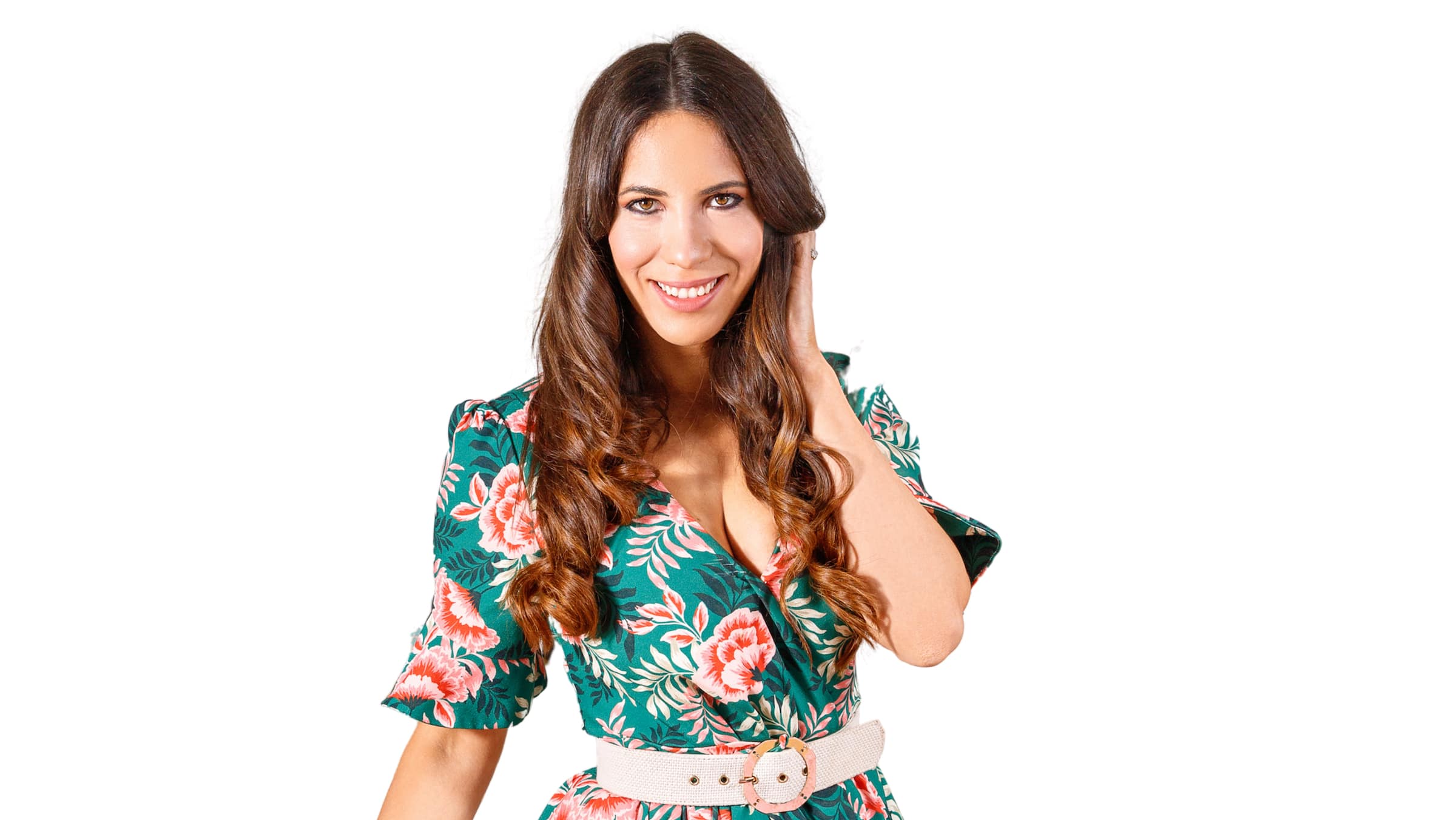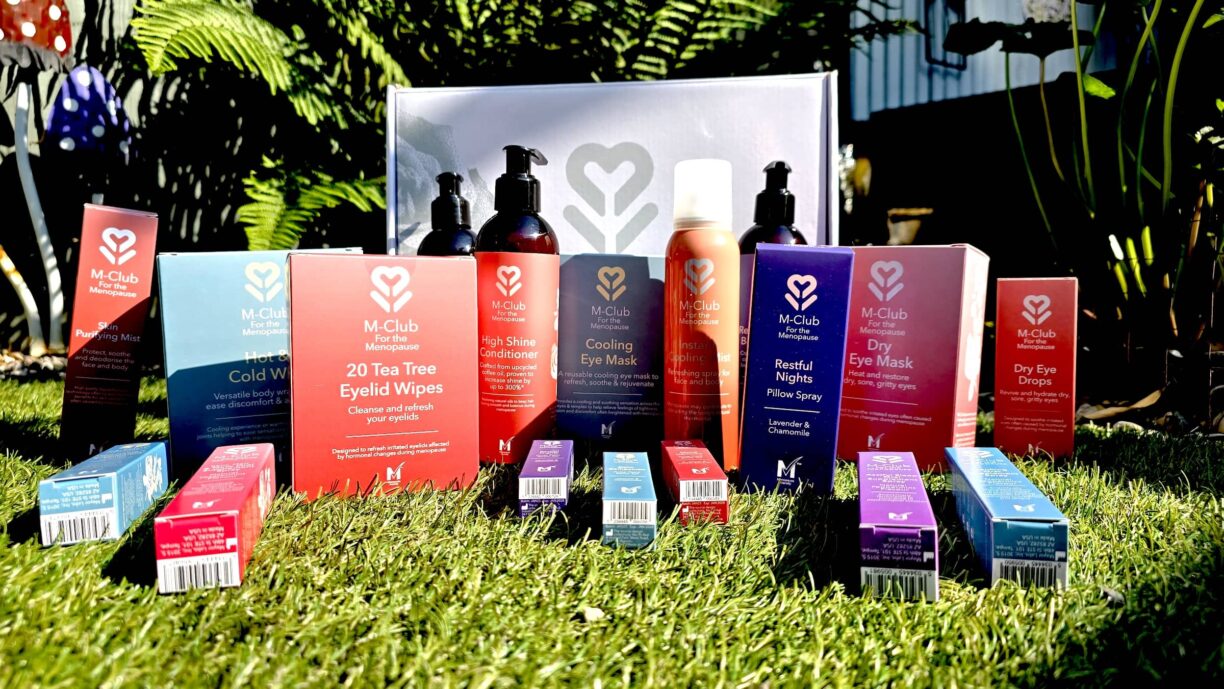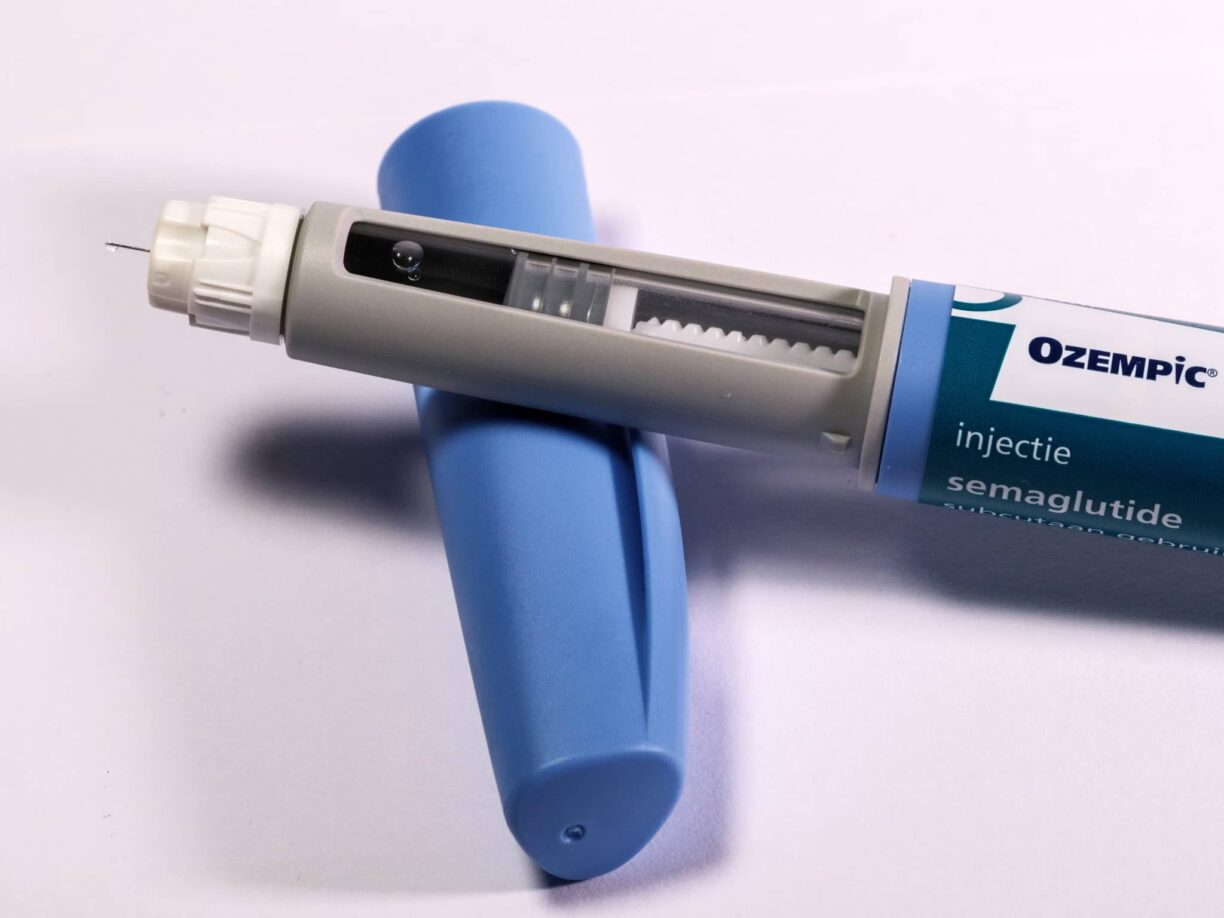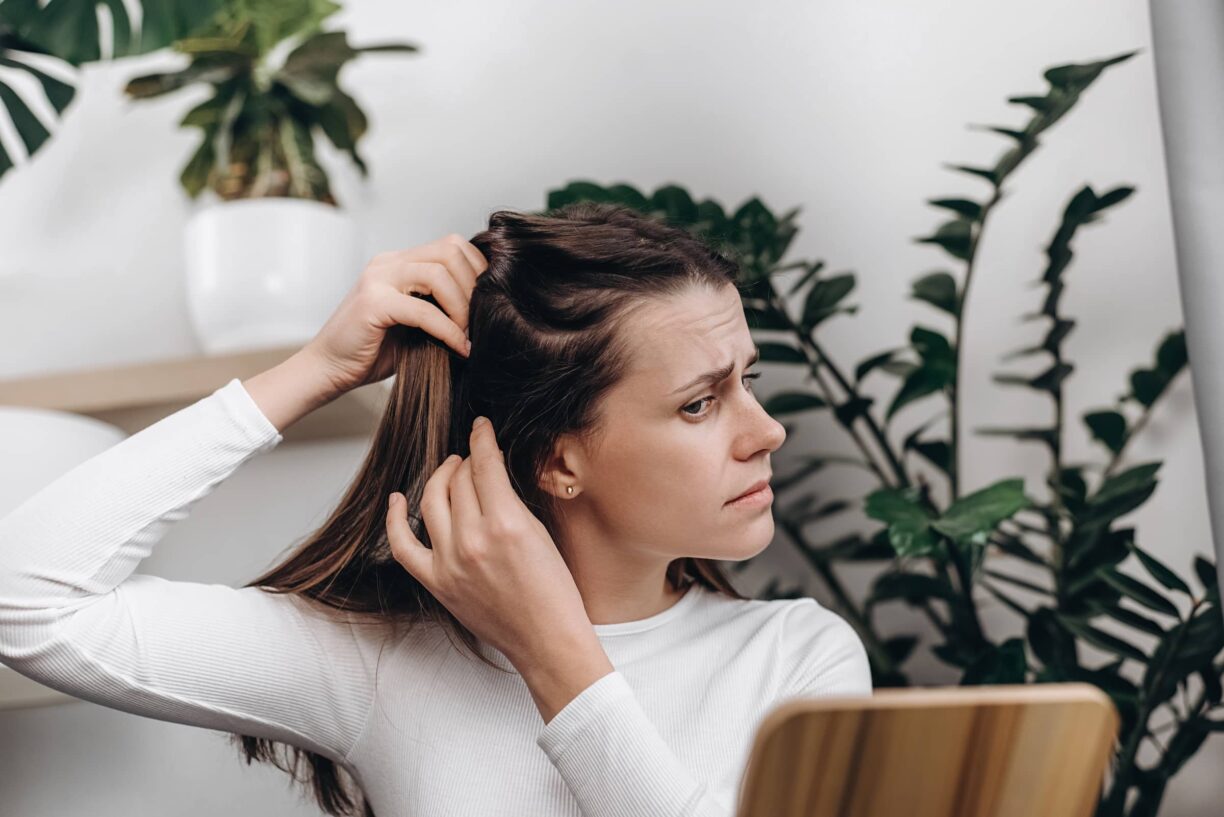Did you know that you are potentially exposing yourself to dangerous toxins every day by simply opening your bathroom cabinet in the morning and applying the beauty products within?
We spoke to Sonia Bainbridge, Co-Founder of the ethical, cruelty-free brand Raw Beauty Lab and creator of the beauty industry award-winning 100% natural, ‘drink for your skin’, Vegan Collagen as she shares a few stats and facts lurking in your beauty routine.
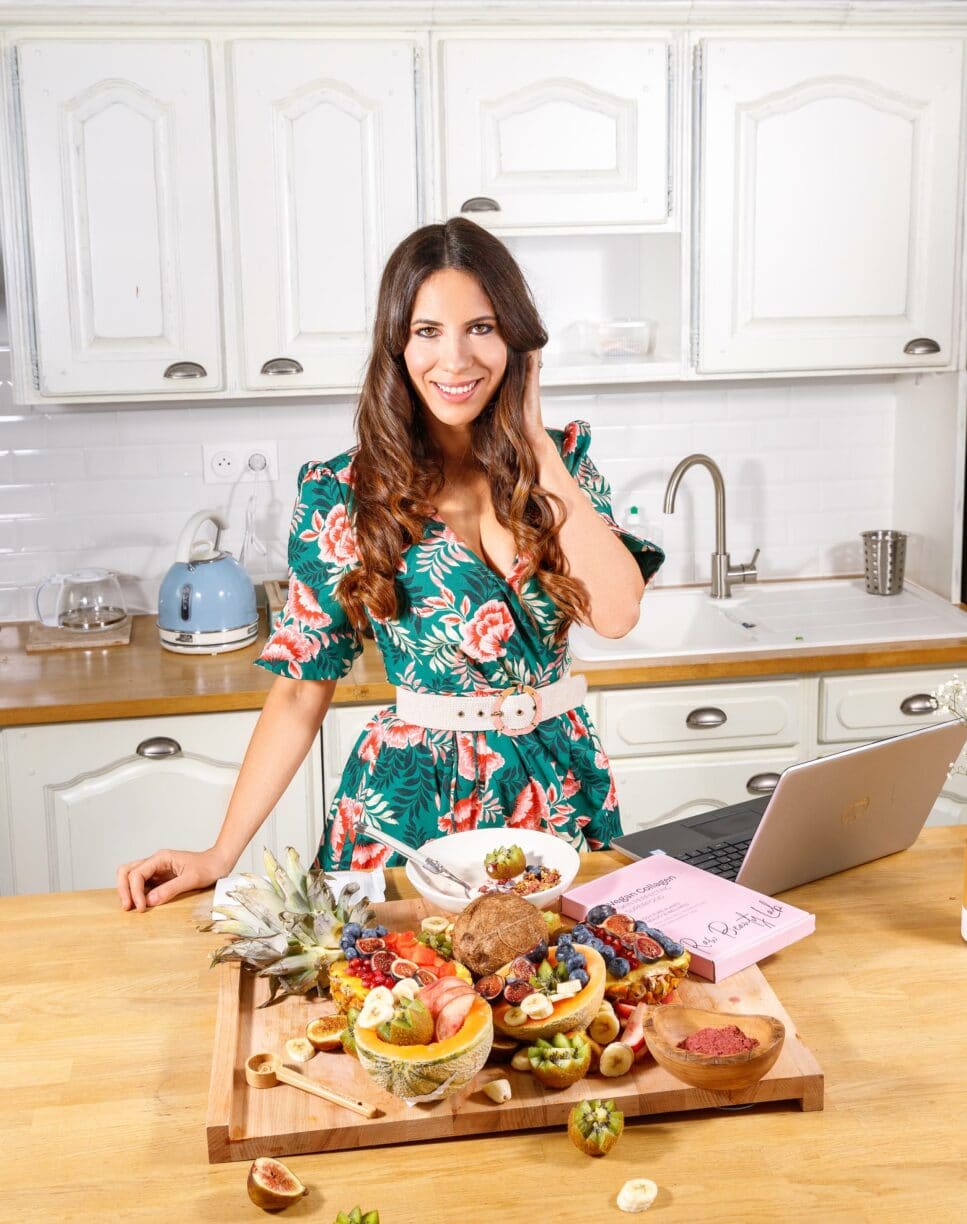
“When it comes to skincare, not all ingredients are created equal” Explains the passionate ‘Clean Beauty’ Campaigner, who has a major in pharmacology.
“Whilst efficacy is important, you also want to know the products you are using are safe. Of the 40,000+ ingredients used in cosmetics, only 1,300 are banned in the UK, and startlingly, only 11 are banned in the US, with the laws last updated in 1938. So, it pays to do your homework to understand what is safe and what isn’t.” Says Sonia,
Dangerous Liaisons
“There is a whole list of dangerous ingredients commonly found in our beauty products, but here is a list of the more worrying ones for you to watch out for:
Parabens are a common preservative found in moisturisers and cosmetics but are actually made from petroleum. They are known endocrine disruptors and have been linked to breast cancer, hormonal imbalances and infertility. Watch out for any ingredient starting with methyl, butyl or propyl.
Phthalates are the other big no-no and are found predominantly in fragrances. They’re known endocrine disruptors, which also cause hormonal and reproductive problems and congenital disabilities and should be avoided, particularly by pregnant or breastfeeding women.
Acrylates should also be avoided and are found primarily in artificial nail products or the adhesive for false eyelashes. Not only do they cause contact allergies, but they also have been flagged as a potential carcinogen. “
And as Sonia warns, natural doesn’t always mean natural;
“It might feel safer to stick with natural or fragrance-free make-up brands, but unfortunately, these products might not be as safe as they hold out to be.
The term ‘natural’ is unregulated, which means a brand could include 1 or 2 natural ingredients mixed with a blend of potentially hazardous chemical-based ingredients and still call itself natural.
Fragrance-free brands can also hide fragrances by using a loophole to avoid disclosing ingredients on a cosmetic label if the ingredient is seen to be part of its intellectual property.”
Beauty Supplements & The Ugly Truth
” Given the challenges in deciphering cosmetic labels without a chemistry degree, you might be inclined to explore the burgeoning inner beauty market of anti-ageing supplements where happily food and supplement products are more regulated than cosmetics. However, there are still some ingredients you should be wary of.” Explains Sonia,
” Whilst stevia might seem like a great natural alternative to artificial sweeteners (which have been linked to dubious health impacts), stevia may actually hamper your results. Sweeteners can cause a process called glycation in your skin which destroys or damages collagen fibres and can accelerate ageing.”
” Vitamin-based beauty supplements are also perhaps less effective than their glossy marketing campaigns hold out.” Says Sonia,
” Vitamin C or ‘ascorbic acid’, found in many beauty supplements, is typically made from corn syrup which is then passed through a highly industrialised process to extract vitamin C. However, the resultant ‘vitamin’ lacks many of the core components found in its natural form in wholefoods.”
And as for bovine collagen supplements, the reality is very different from the fancy packaging;
“Bovine collagen supplements are often contaminated with pesticides or fertilisers from farm waste and also cause a significant amount of CO2 emissions from both cattle farming and the highly industrialised processes to transform cow ligaments into a fine white edible powder.”
“As your body produces collagen naturally, we recommend opting for plant-builders or vegan collagen supplements rather than their marine or bovine alternatives.
These have not only been proven to help build collagen but their high antioxidant content from plants has also been shown to help moisturise skin and smooth fine lines.”
And the last word on beauty supplements from Sonia?
“Always look for beauty supplements which source vitamins directly from whole foods. This will help maximise efficacy and absorption but also typically will help minimise carbon footprint and environmental impacts. Beauty shouldn’t hurt the planet or your body.”

